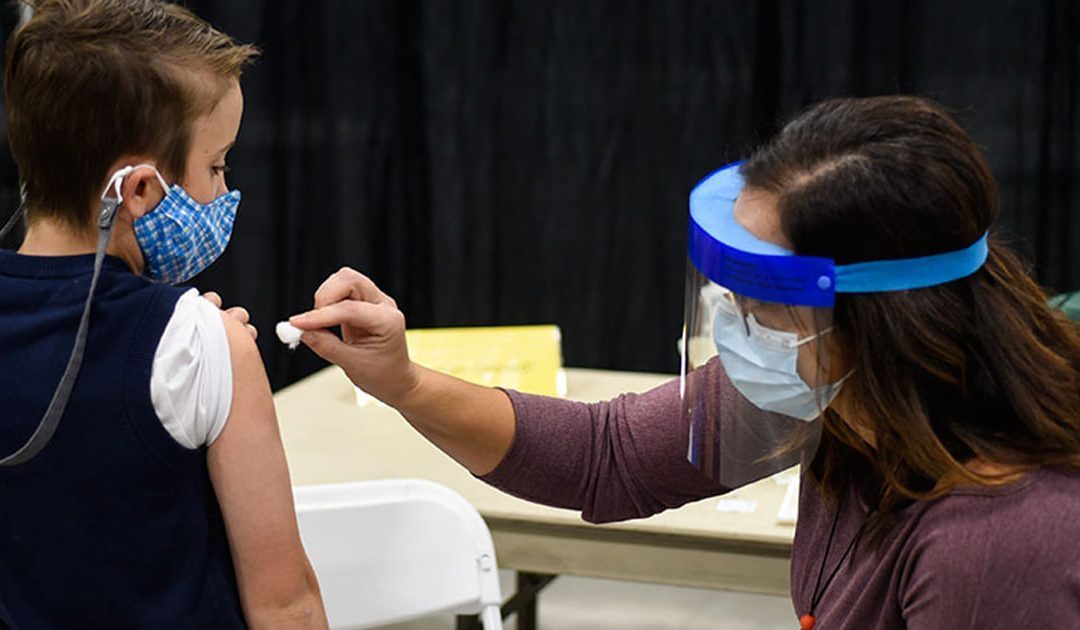The Northern Inter Tribal Health Authority (NITHA) is talking about the importance of immunizing children.
This week marks National Immunization Awareness Week and the northern health authority is looking to use the occasion to remind people of the benefits of vaccines for kids. NITHA Medical Health Officer Dr. Nnamdi Ndubuka said in NITHA communities currently the vaccine coverage rate for children is around 82 per cent. NITHA is looking to get that percentage up to around 95 per cent.
Ndubuka explained they are hoping to help raise rates by reminding people about the benefits of vaccines.
“Vaccines are safe and their very effective and can protect against some disease condition that we refer to as vaccine preventable diseases,” he said.
Some of the conditions which vaccinations can provide protection against include measels and polio along with a number of others. Ndubuka said these diseases can lead to serious health complications for children. Along with providing children personal protection immunizations as well helps to protect communities.
“It’s also protecting others, so providing that herd or what we call, the community immunity to reduce the risk of transmitting disease from one person to the other,” he said.
The theme of this year’s National Immunization Awareness Week is Getting Back on Track with Your Child’s Immunizations. Ndubuka said the COVID-19 pandemic did lead to a decline in vaccine coverage for children, which they are now hoping to undo.
Ndubuka said people living on First Nations could be more prone to some vaccine preventable diseases due to social situations like crowded housing. The NITHA Medical Health Officer said to help promote vaccination in those communities they do work with local leadership and front line health workers to make sure their is access to vaccines and relevant information.
“First Nation community residents are higher risk of getting the vaccine preventable diseases because of the social determinants of health, which have made some of these communities more vulnerable,” he said.
Overall Ndubuka said while some people in NITHA communities are resistant to vaccines, he explained the majority of people realize the importance of immunizations.
“For the most part many have been receptive to the idea about protecting the infants, protecting the young children against those vaccine preventable diseases,” he said.
